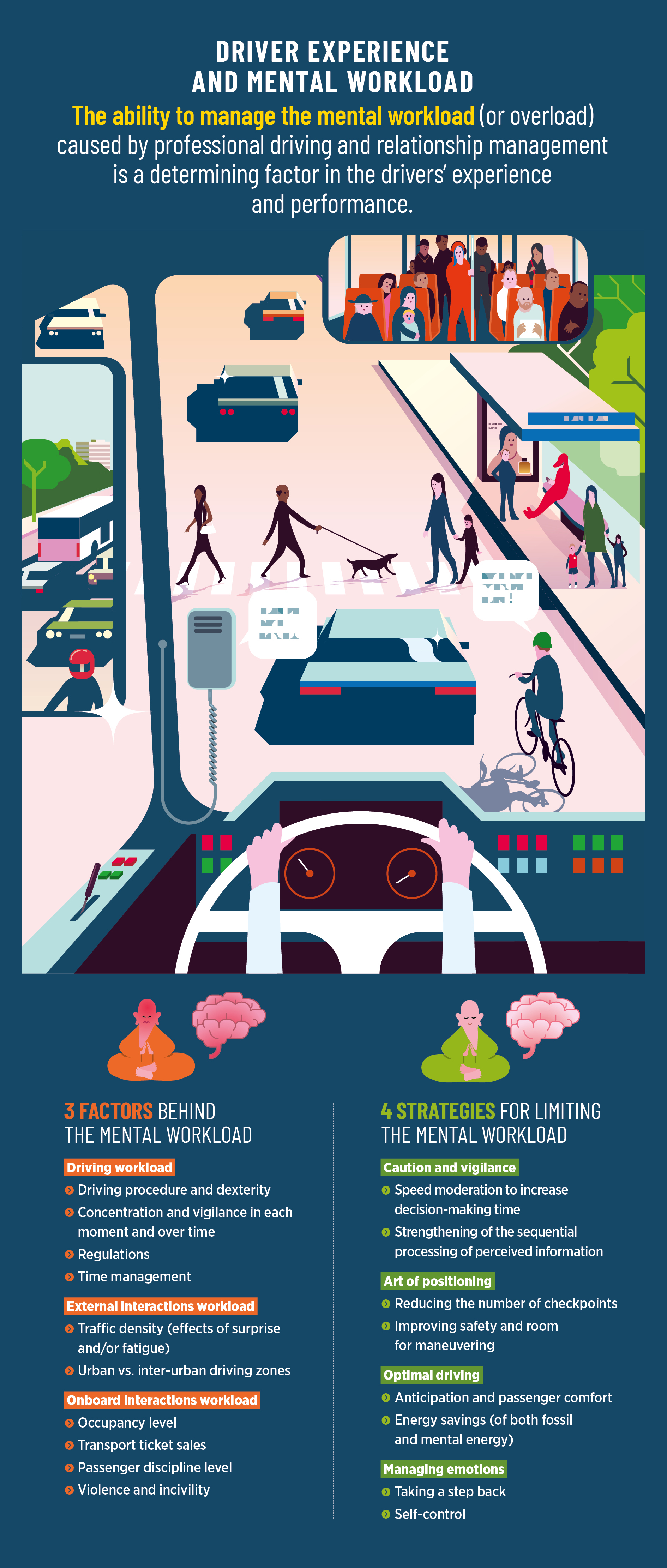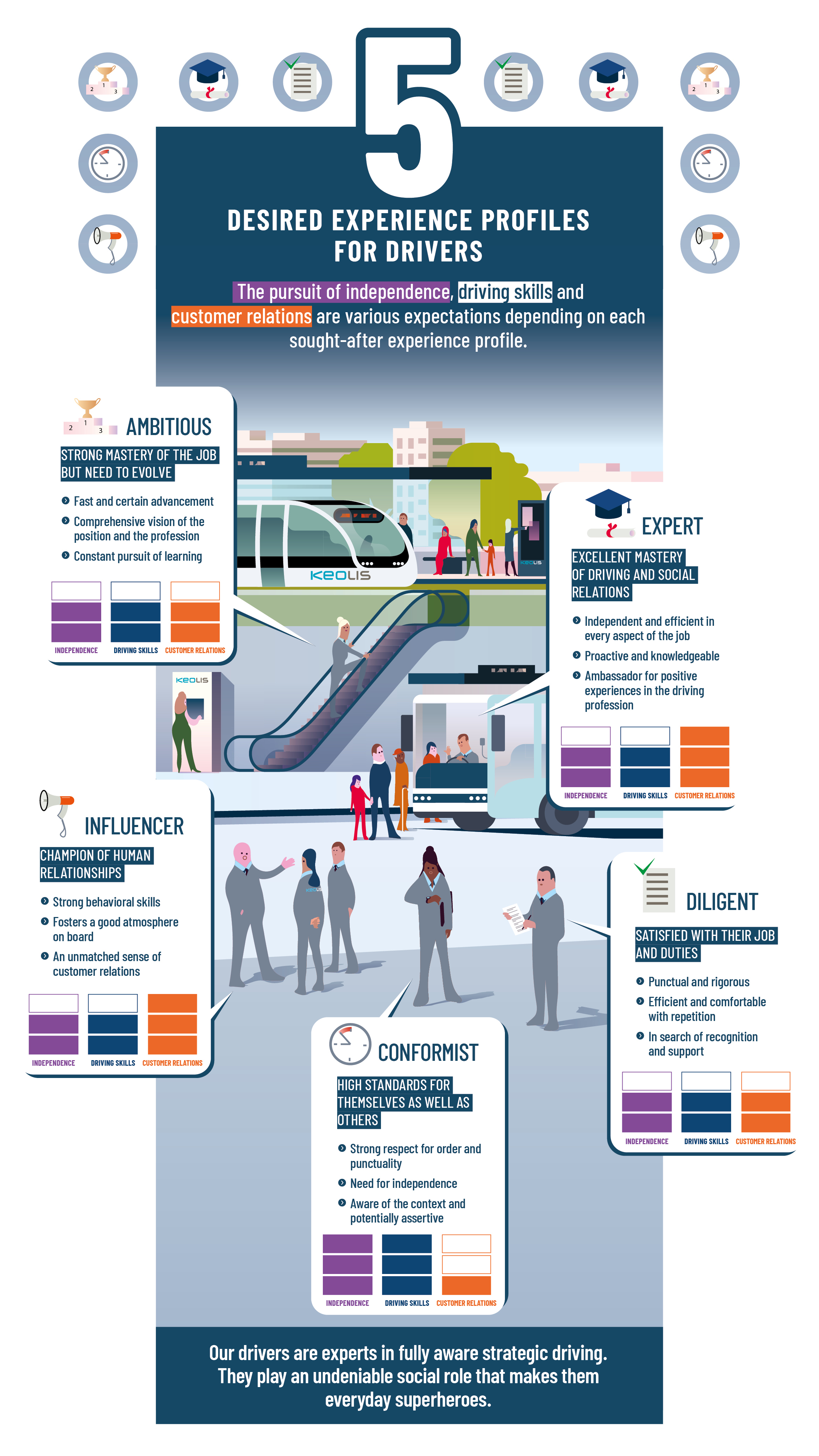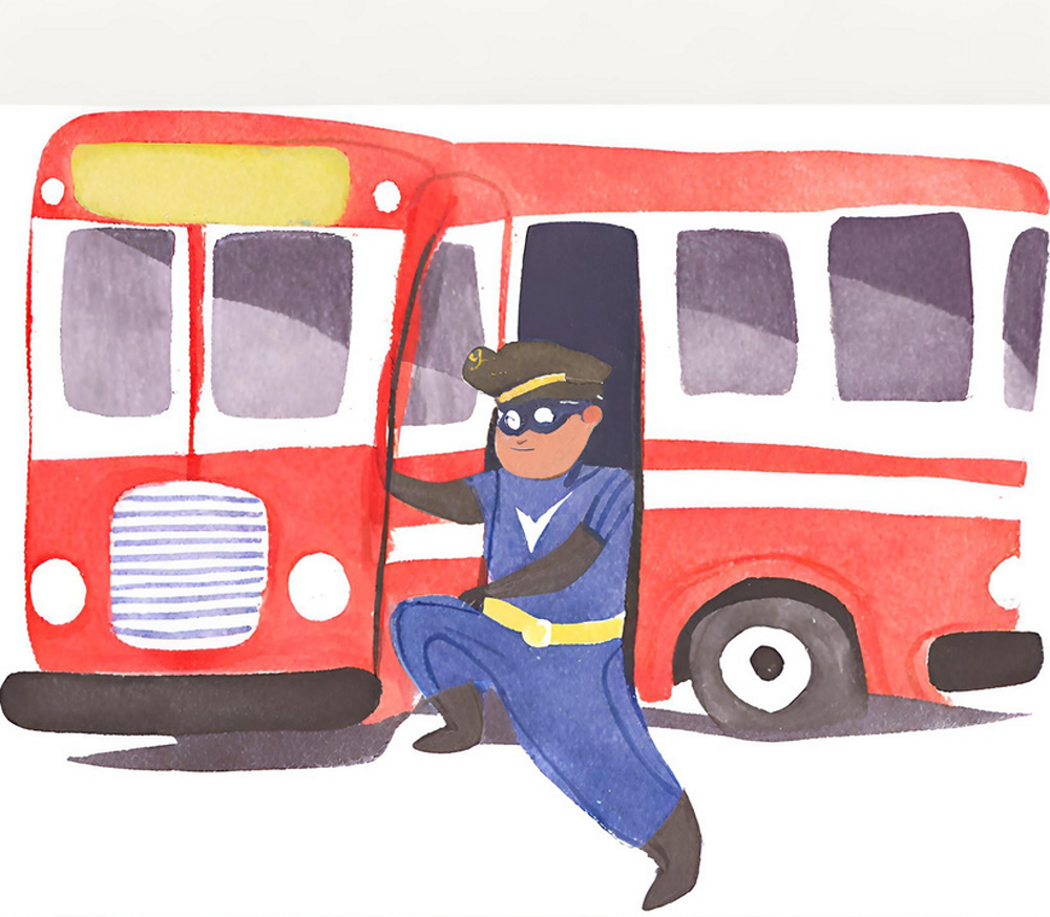For the past few years, the transportation sector has faced a pronounced shortage of drivers in France and around the world. This shortage not only affects service quality and travel conditions but also regional mobility policies, which are a major concern for public transport authorities.
So then, why has it become so difficult to recruit new drivers? Instead of just raising unanswered questions, Keolis embarked on a journey to meet 35 drivers from five subsidiaries in France and Australia to better understand their daily lives. Now, six months later, the Group is publishing the Driver Experience study, the first analysis conducted on the mental workload of public transportation drivers. Discover key takeaways from the study below.



